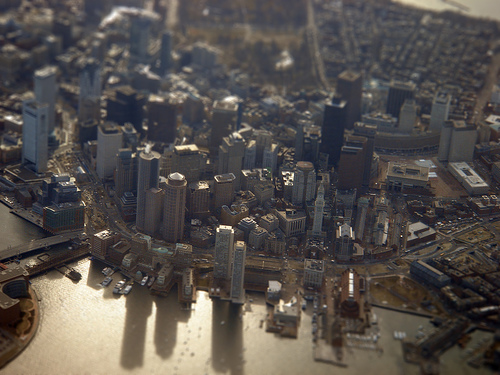Blogged Images
Cefn makes it on TV
Sharing my prototyping expertise with a young inventor
I was lucky enough to be invited onto the CBBC programme My Genius Idea, to support a young inventor called Kate to achieve her vision of a Piano which could teach you how to play tunes by lighting up the keys, because she found conventional tutoring techniques unnecessarily hard. She has a damn good point.
For the next few weeks, you can see the entire show on iPlayer here The video below shows a demo of the device I built based on her sketches.
There are existing devices with piano keys which light internally, but that creates at least three really important issues.
- You have to replace your piano
- Cheap plastic keys on an electronic keyboard sound and feel importantly different
- You're stuck with the arcane mechanisms chosen by an electronics manufacturer to load in tunes
- When a light breaks, you throw away your keyboard
The alternative version I prototyped, combined with extra ideas from Alex Healing and others promises a system which...
- Allows you to load in any tune at all, if it's available as a Midi file
- Retrofits on a regular piano (with a microphone and fourier analysis running on the computer)
- Is dead cheap (the prototype cost less than £15 plus one arduino)
- Is expandable (a single lighting unit does one octave - multiple are wired in series as shift registers)
- Is flexible, using RGB LEDs allows you to use color and flashing to represent upcoming notes, and different hands
Notation Hell
Along the way I learned a bunch about MIDI and the history of music notation. Using a collection of packages like Lilypond, Nted and combining my own SVG animation routines I worked out how to animate staves of notes to glow red according to timing sequences. I also remembered that one big reason I gave up music was that it didn't make any sense.
Establishment musicians (as music teachers typically are) genuinely don't see the massive shortcomings of a notation system invented to suit the composer and the quill pen, shored up by conservatism, in a world which really ought to have moved on. It was 20 years later that I found myself asking well-formed questions about harmony and reading a fantastic collection of papers called Music and Mathematics. In common with notation systems like Klavarskribo these papers build on the ground truth of harmonic relations and timelines. I found a bunch of compelling alternative notations and speculated whether a musical world of eInk and MIDI-based scores might have kept me interested, since I could simply ignore classical notation in favour of something more sensible.
In recent years, the question of alternative notations has again become interesting - for a quite different reason. Modern computing technology makes it possible to automatically transcribe printed music in conventional western notation into other systems. This means that it is finally worth investing the time and effort into learning an alternative system.
The Show
It felt a bit bizarre to participate in a TV show, since I don't have a TV. About 5 years ago I switched entirely to real life, mixed in with the unreal life of the internet of course. I wasn't sure if the guys who were presenting were meant to be famous or not. That probably helped.
Thanks to my friend PixelH8 who's amazing media connections got me into this project, and my other friend Matthew Applegate whose analytical work in music education for young people could offer a future for an alternative and more inclusive future for da youf.
Well done, Kate. It takes a special kind of person to see the blindingly obvious.





Latest | Search | Contact